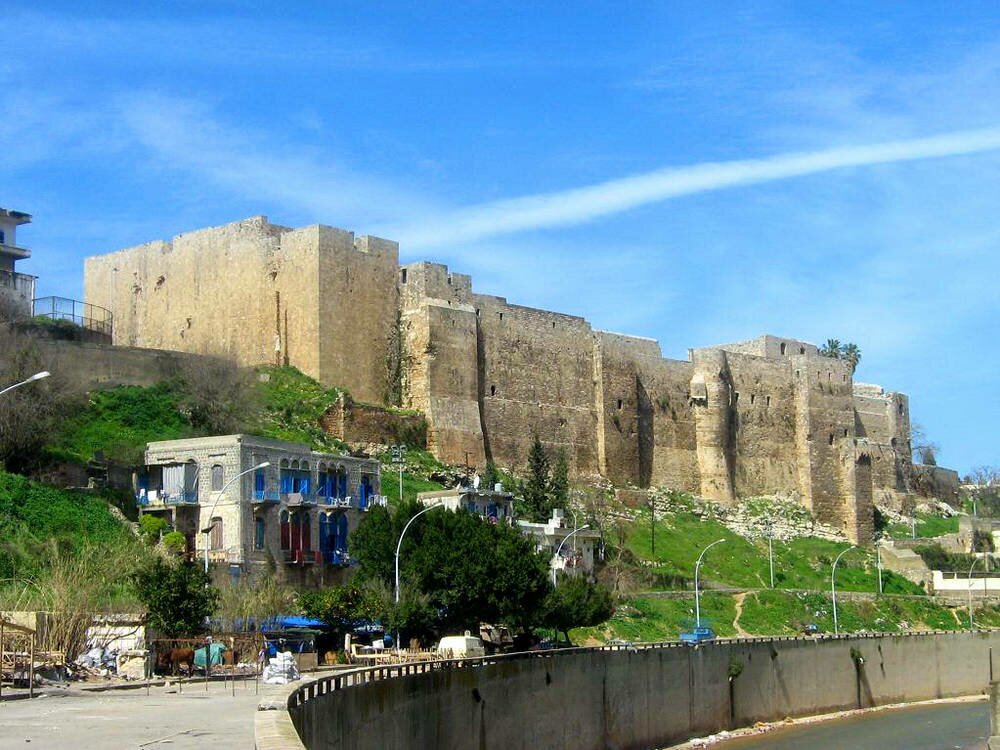

The city of Tripoli in northern Lebanon has long been a beacon for tourists due to its rich history and cultural heritage. At the heart of this historical intrigue is the Tripoli Citadel, also known as the Citadel of Raymond de Saint-Gilles or Qala'at Sinjil.
The history of tourism in Tripoli can be traced back to the 19th century when the first western travelers began to explore the Middle East, driven by a desire for archaeological and cultural discoveries. Tripoli's wealth of historical sites, including the Citadel, Mamluk architecture, and ancient souks, became points of interest for these travelers.
Constructed in 1103 AD by Raymond de Saint-Gilles, the Count of Toulouse, the Citadel has withstood multiple sieges and reconstructions throughout the centuries. It stands as a testament to Tripoli's strategic importance in the Crusader era and its later significance during the Mamluk and Ottoman periods. As such, the Citadel is not only a monument of military architecture but also a symbol of Tripoli's rich and diverse history.
In the modern context, the Citadel has become an essential site for international and local visitors. In the latter half of the 20th century, particularly after Lebanon's civil war, there was an increased focus on restoring and preserving Tripoli's monuments, including the Citadel. These efforts have made the site more accessible and informative for tourists.
Nowadays, the latest trends in tourism in Tripoli, and Lebanon as a whole, focus on sustainable and experiential travel. Tourists are increasingly seeking authentic experiences that allow them to engage with local culture and history. This shift has been met with the creation of guided tours that highlight the historical significance of sites like the Tripoli Citadel while also integrating experiences such as traditional crafts and cuisine.
Despite its potential, tourism in Tripoli faces challenges due to political instability and economic difficulties within Lebanon. In response to these challenges, there is a push to promote Tripoli as a tourism destination that can contribute to the local economy and cultural preservation.
Tourists visiting the Tripoli Citadel can explore various halls, towers, and courtyards, each telling a part of the city's storied past. The Citadel also offers panoramic views of Tripoli and the Mediterranean Sea, making it a picturesque and educational experience for visitors.
The Tripoli Citadel stands as a beacon of history and culture, and its role in the development of tourism in Tripoli is undeniable. As Lebanon continues to invest in its historical sites, the future of tourism in Tripoli looks toward embracing the richness of the past while contributing to the prosperity of the future.